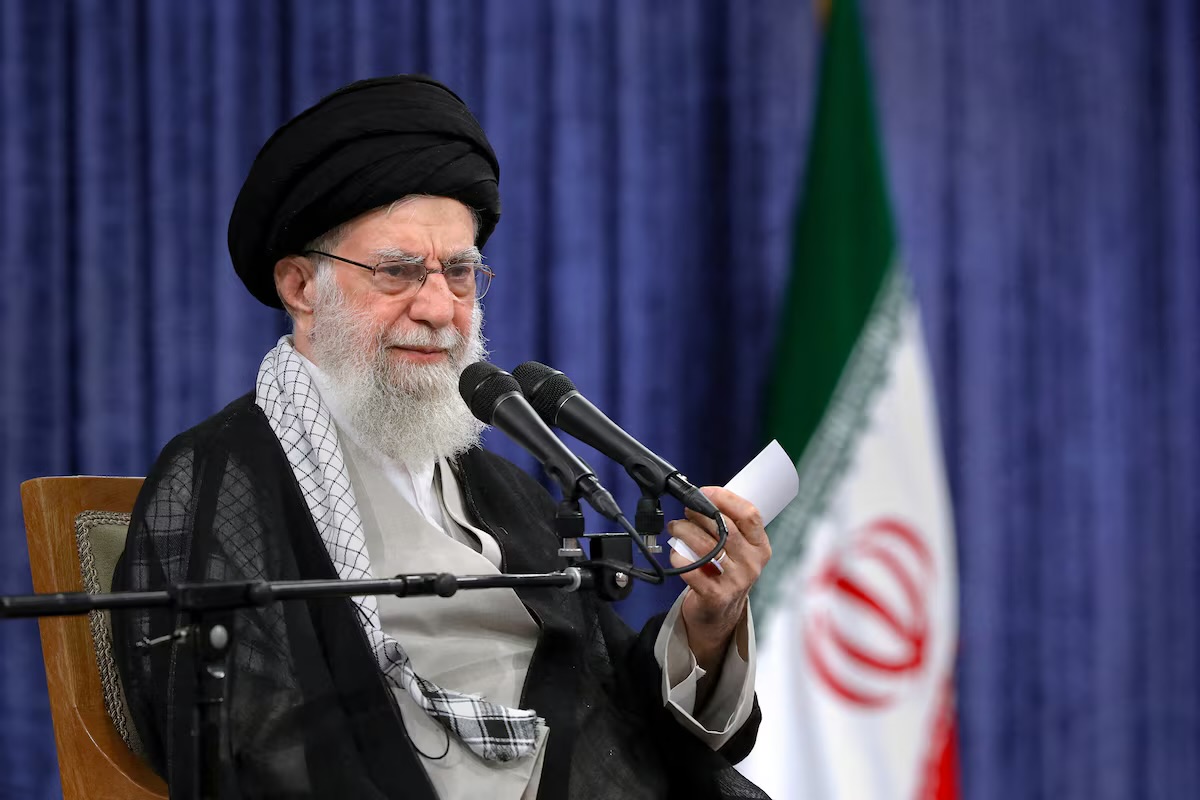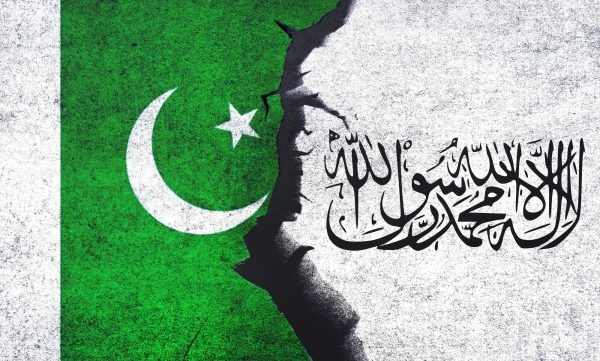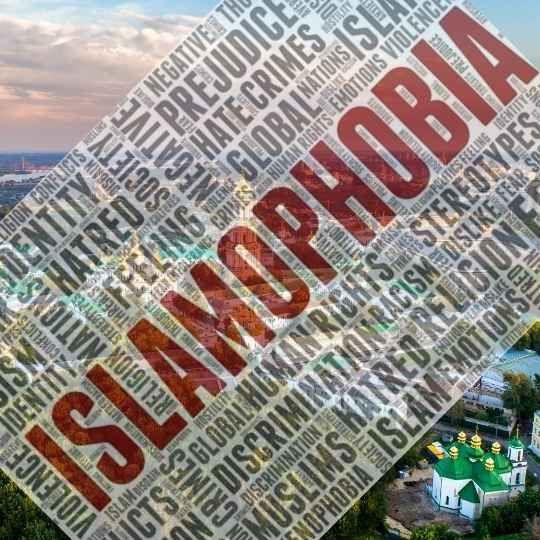
By Goth Mohamed: This week on June 26, Somaliland is commemorating its 65th anniversary of Independence which marked the end of the British protectorate making it the 13th African nation to gain independence.
The Somaliland Ministry of Foreign Affairs and International Cooperation hosted a one day symposium under the theme “ 65 Years Later – Honoring Independence and Advancing Recognition”, with two engaging panels designed to honor our independence and discuss the way forward for Somaliland.
The event which was held at the Ali Jirde Hotel brought together participants from a diverse spectrum of the community including Academicians, political, religious leaders , University students, the Ministry of Foreign Affairs and International Cooperation and activists.
Among the notable speakers at the two panels discussions were:
- Prof. Mohamoud Hussein Farah, Dean , Faculty of Law.
- Dr. Hussein Abdillahi Bulhan, Founder Franz Fatun University in Hargeisa, Psychologist
- Mr. Samatar Abdi Hersi , Horn of Africa Historian
- Abdinasser Ahmed Adam – Economist
- Dr. Maxamed Jaamac Madar – Phd
- Fahima Abdi Ali- Somaliland Activist

Among the guests in attendance there was the four living members of Somaliland Scouts who were present on 26 June 1960 when the flag was raised in the freedom park in Hargeisa.
Dr. Hussein Abdillahi Bulhan speaking on the first panel “Legal and Historical Path to Independence – Pre 1960” gave a brief introduction of the importance of the 26th June Independence day, in which he began by saying , “ This week on June 26, Somaliland is commemorating its 65th anniversary of Independence which marked the end of the British protectorate making it the 13th African nation to gain independence.The reason why I raised this question many times is because I have heard people debating this issue. The celebration of 18th May (regaining sovereignty day) and the celebration of 26 June (Independence Day) are both national days. Both days have been commemorating by the people of Somaliland and they are days that give us the opportunity to come together to reflect on the history and struggle that we have gone through as a nation. The commemoration of the two events has historical links that shaped what Somaliland stands for today: justice, peace, democracy and freedom.

He added, “ Somalia is a classic example of a failed state. It effectively has had no reasonably working state structures since 1991, but its cosmetic existence has from 1992 been practically subject to the Security Council’s 1992 Resolution of 733, adopted again in 2019 as 2472. With billions of dollars wasted in establishing governance, the international community has nothing to show for that all those resources other than securing a few miles around Mogadishu. Somalia still struggles to stand on its feet and the chances it will do so in the foreseeable future Is dim. It is dim because instead of coming to terms with the factuality that Somaliland has left the 1960 dubious union, Somalia continues to put ratifying its draft constitution and completing its state institution building on the back burner”
Prof. Mohamoud Hussein Farah, Dean of the Faculty of Law at the University of Hargeisa, on his part elaborated on the legal case for Somaliland’s independence in which he said, “ There was no significant formal, ratified agreement between then newly independent states of Somaliland and Somalia because:
-There was no official Parliamentary approval
-There was no Supreme Court approving the fledgling union
-There was no UN Resolution reconizing and approving the unification process.
Somaliland reasserted its independence after 30 years of injustice as a result of the devastating Union and restored its political institutions of independence that was attained on 26 June 1960 from Great Britain. Somaliland currently exercises lawful sovereignty of its independence of June 26, 1960 based on the following valid, legal points:
- Poltical: The Conference from 4th to 12th May 1960, decision appointed that the date of independence of Somaliland.
- Independence of Somaliland was discussed and agreed during London meeting and the constitution shall be on 26 June 1960. Decision was submitted to UK Parliament.
- Regarding, Somaliland territory, Somaliland’s independence restores the colonial borders of the former British Protectorate of Somaliland and therefore does not violate the principle of uti possidetis – that former colonial borders should be maintained upon independence – which is enshrined in the Consultative Act of the African Union (Session in Cairo, UAR, from 17 to 21 July 1964).”https://theadvocatepost.org/blog/2025/01/18/somaliland-a-rising-beacon-in-africas-political-landscape/
He further stated in regard to Somaliland statehood, “Somaliland fulfills all the criteria for statehood as those set by the 1933 Montevideo Convention, the State as a person of international law should possess the following qualifications”:
- A permanent population;
- A defined territory;
- Government; and Capacity to enter into relations with the other states.”
It is noteworthy that the Diaspora Department under the Ministry of Foreign Affairs & International Cooperation invited members of the Somaliland Scouts who are among the few surviving members of that era, now scattered across the regions of the country, with many being elderly and some unable to walk.
The corps, Aden Ahmed Mohamed, Ahmed Elmi Ducaale, Ibrahim Isman Aden, and Jama Ahmed Hirsi, are among the few surviving members of that era. The members of the Somaliland Scouts Corps gave the participants in-depth information of the day Somaliland gained independence from Great Britain.These individuals were part of the Somaliland Scouts during the British Protectorate period and have witnessed various historic events. On 26 June 2023, they commemorated this day with seven of them, but today, only five remain with us. During the modest event held today by the Ministry at the Ali Jirde Hall to mark the observance of 26 June 2025, the corps delivered historic speeches.
“The country is better off today than the day we gained independence, but the people today are worse off—divided by tribalism and favoritism, which did not exist back then,”said Aden Ahmed Mohamed Deputy Chairman of the Somaliland Scouts Committee.
“I am saddened by where people stand today in terms of knowledge and the opportunities we had back then,”said Ibrahim Isman Aden.







